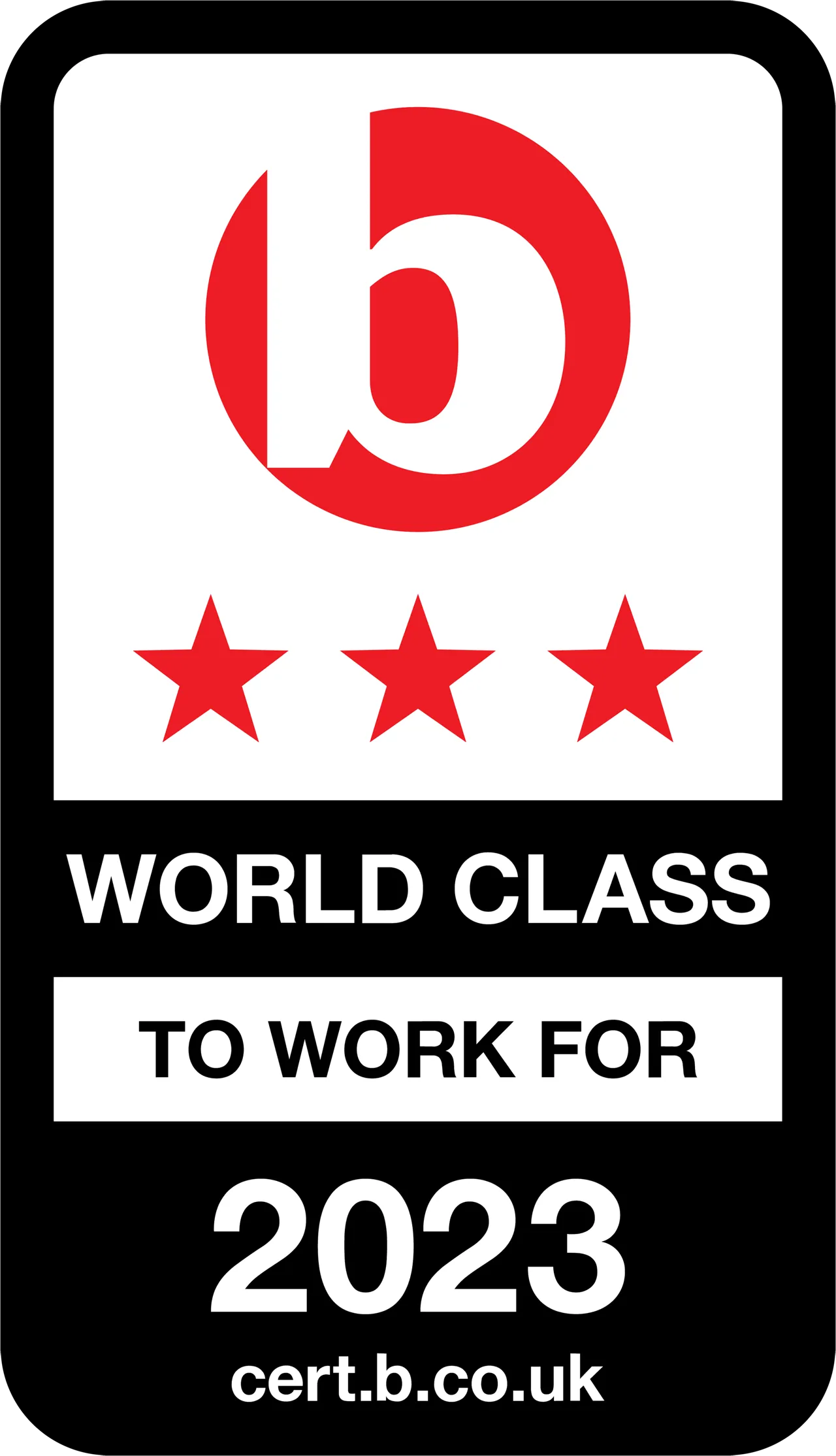Careers Toolkit
Meridian's Careers Toolkit
How to write a cover letter
A cover letter can leave even the most experienced CV writer unsure as to what to say.
Regardless of whether you think they are a necessity to show off your suitability for a role, or an unnecessary hurdle, at some stage in our lives, we will all have to write a cover letter.
The key to making your cover letter a success is to take into account that employers and recruiters will see hundreds of them, so making sure you make an impact early on is essential for its success. We asked our expect recruitment consultants for their five top tips on how to write a cover letter that stands out.
1. Length
Keeping in mind that employers will potentially receive many cover letters for the roles they are recruiting for, our top tip for how to write a cover letter is to watch the length. Too short, and it may look rushed. Too long, and you risk losing the reader's attention.
A cover letter is a chance to highlight key points from your CV, but should be brief and to the point. It should not repeat what can be found in the CV, but it should summarise key points. Two or three concise paragraphs are generally considered the ideal length. If it runs over a single page then you should consider cutting it down.
2. Tailored
As well as being addressed to the correct person, each cover letter you write should be up to date and tailored to the role and company you are applying for. You don't need to rewrite it from scratch, but each letter should have some personal touches, which demonstrate that you are serious about the role. Do not highlight things that are not relevant to the position.
3. Formal
Typically, cover letters now form part of an email trail. However, if you have to write it as a letter, you must remember the formalities of letter writing, including signing it off correctly. Additionally, you should also add your address and that of the company you are applying for.
4. Positive
Before you sign off, add a simple sentence which says something upbeat. For example, you could say how much you look forward to learning more about the role or company. Try to avoid cliches and find a unique way of expressing yourself.
5. Check it
As with your CV, make sure you spell check and proofread your cover letter carefully. Tools such as Grammarly and Word Read Allowed can help you with this if you don't have someone who can proof it for you.
Your Next Opportunity
Vacancies
Our Key Sectors
Blogs and Resources
Explore Our Latest

Keep in touch
To learn more about our latest vacancies, sign up to our newsletter today.












